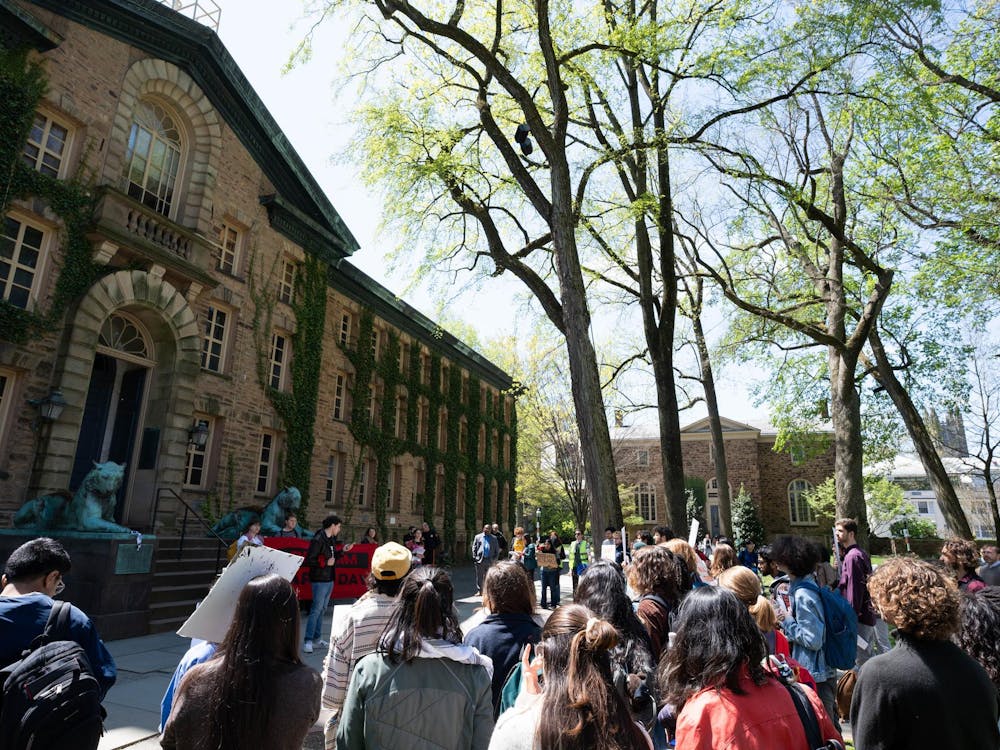Last week’s false alarm regarding a reported shooting incident on campus came just months after reports of a bomb on campus during the summer. Both events were covered extensively by the media on and off campus, and though the Board commends the Department of Public Safety and the Princeton Police Department for their thorough response to the incidents, we believe the University can take action to better inform students on how to respond to and stay safe during emergencies. Specifically, the Board believes that the University should more publicly disseminate a detailed action plan concerning appropriate action after a suspected shooting or bomb threat.
During the recent suspected shooting, many students were caught off guard by the situation and were unaware of what steps to take. In order to alert students to possible dangers as rapidly as possible, the campus alert system provides only the sparsest information. Though this was successful at making the student body aware of possible danger, it provided limited directions about what steps students should take.
Throughout the school year, students participate in fire drills to ensure that all students understand the protocol in case of such an emergency. While drills for either a bomb or shooting threat are likely unnecessary given the disparity in legal requirements and likelihood of incidence, Princeton could take other steps to improve its response to campus emergencies. Currently, Public Safety has guidelines available online on how to deal with a variety of emergencies, but these guidelines generally lack detailed information concerning how the University community should respond to occurrences such as reports of gunshots. Students, faculty and staff could benefit from a clear action plan for emergencies we do not run drills for, including bomb threats and gun incidents.
Furthermore, these online guidelines are only there if students seek them out. At minimum, this information should be given to RCAs, student leaders and others who are responsible for events with large numbers of people and who are likely to be in a position to direct people during an emergency. As an additional step, the University could take steps to explain such a plan to freshmen during orientation. Currently, freshmen receive detailed information about such various topics as fire safety, diversity and sexual assault. The University might simply educate RCAs concerning appropriate emergency response policies and have them convey this information to freshmen during one of their many orientation sessions. Such instruction need not be alarmist, but it should give students basic information that may prove helpful in the event an emergency strikes campus.
We like to believe that nothing ever happens at Princeton, but, in case something does happen, the campus community needs to be informed on what to do to stay safe. The University and Public Safety can do so by making information better available to students, faculty and staff and by presenting the community with a clear plan for all types of emergencies. Doing so will help keep people safe and make the jobs of many throughout the campus easier in the event of a potentially dangerous situation.








